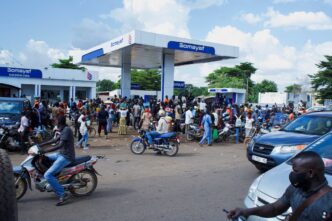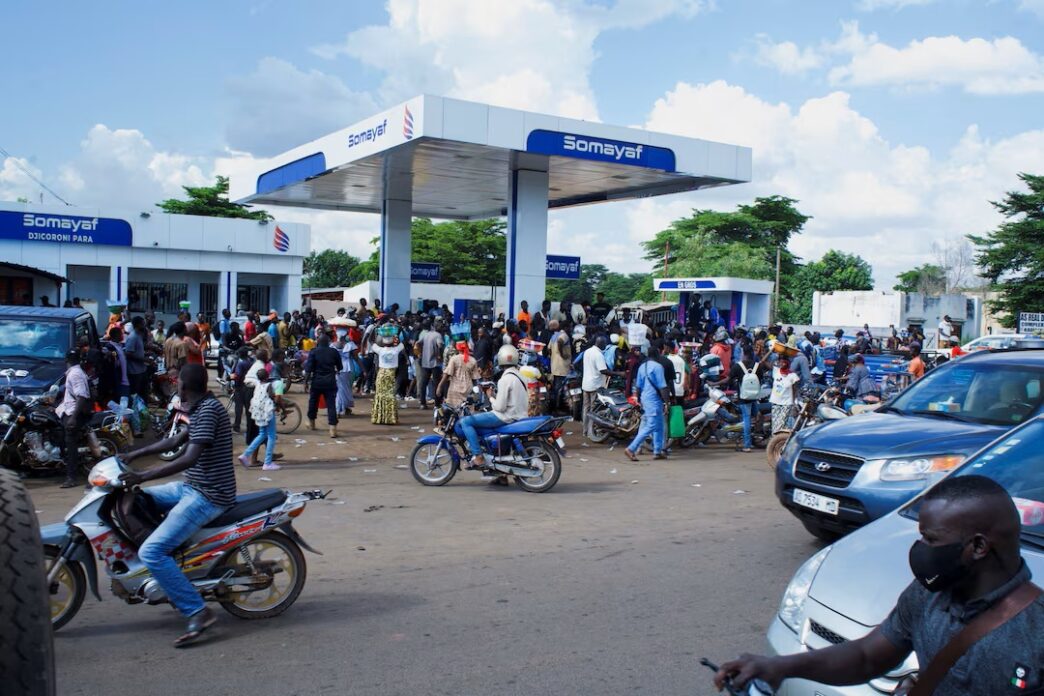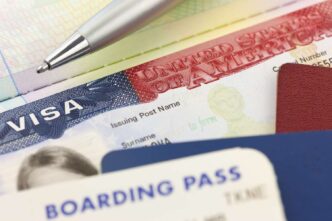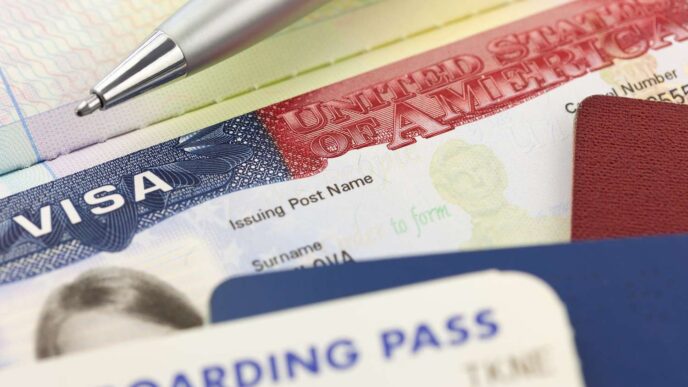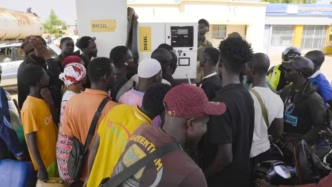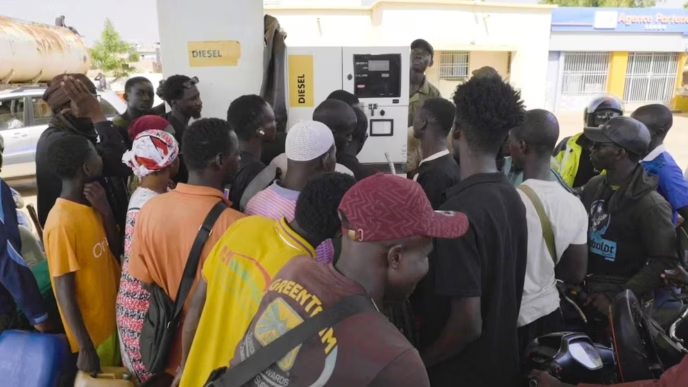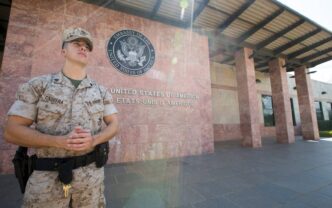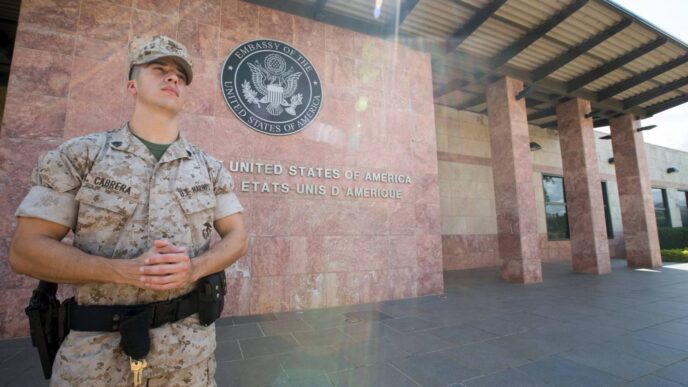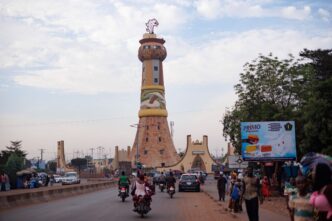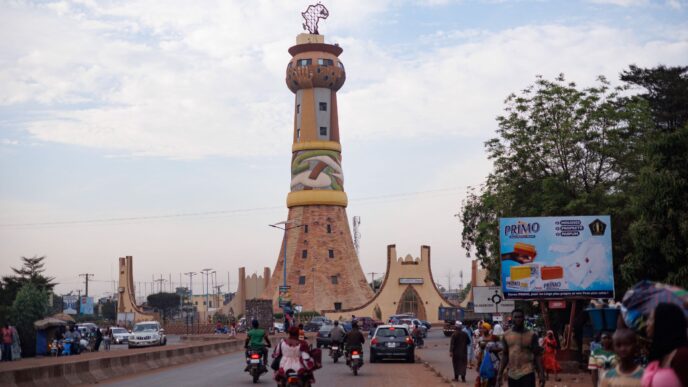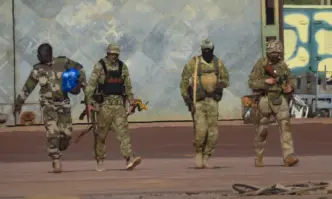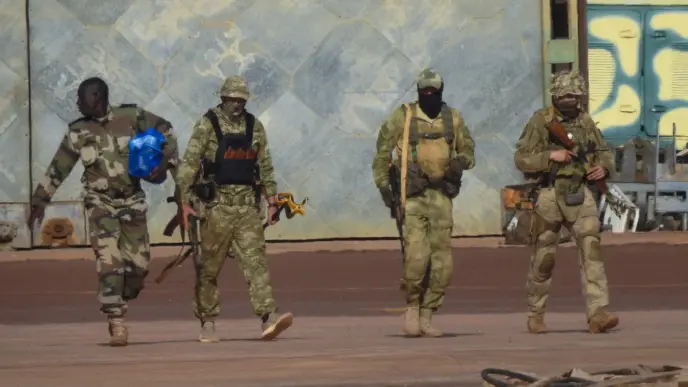Fuel shortages in Mali have reached a critical point after a month-long blockade by insurgent groups disrupted imports from neighbouring countries, leaving long queues at the few petrol stations still open across the country.
Since early September, militants from the Al-Qaeda-affiliated Group for the Support of Islam and Muslims (JNIM) have attacked fuel tankers entering Mali, particularly those travelling from Senegal and Ivory Coast, through which most of the country’s imports pass. Despite military escorts, many trucks have been set on fire or seized, with drivers and soldiers killed or kidnapped in ambushes.
The blockade is believed to be a direct retaliation for the Malian authorities’ decision to ban the sale of fuel outside official service stations in rural areas, a move aimed at cutting off the insurgents’ access to fuel. However, the strategy appears to have backfired, as the militants now seek to “suffocate Bamako by cutting off its logistical arteries,” according to the Dakar-based Timbuktu Institute.
Mali’s National Office of Petroleum Products (ONAP) confirmed that the nation’s emergency fuel reserves — designed to last just three days — have been completely depleted, leaving the government without a clear timeline for replenishment.
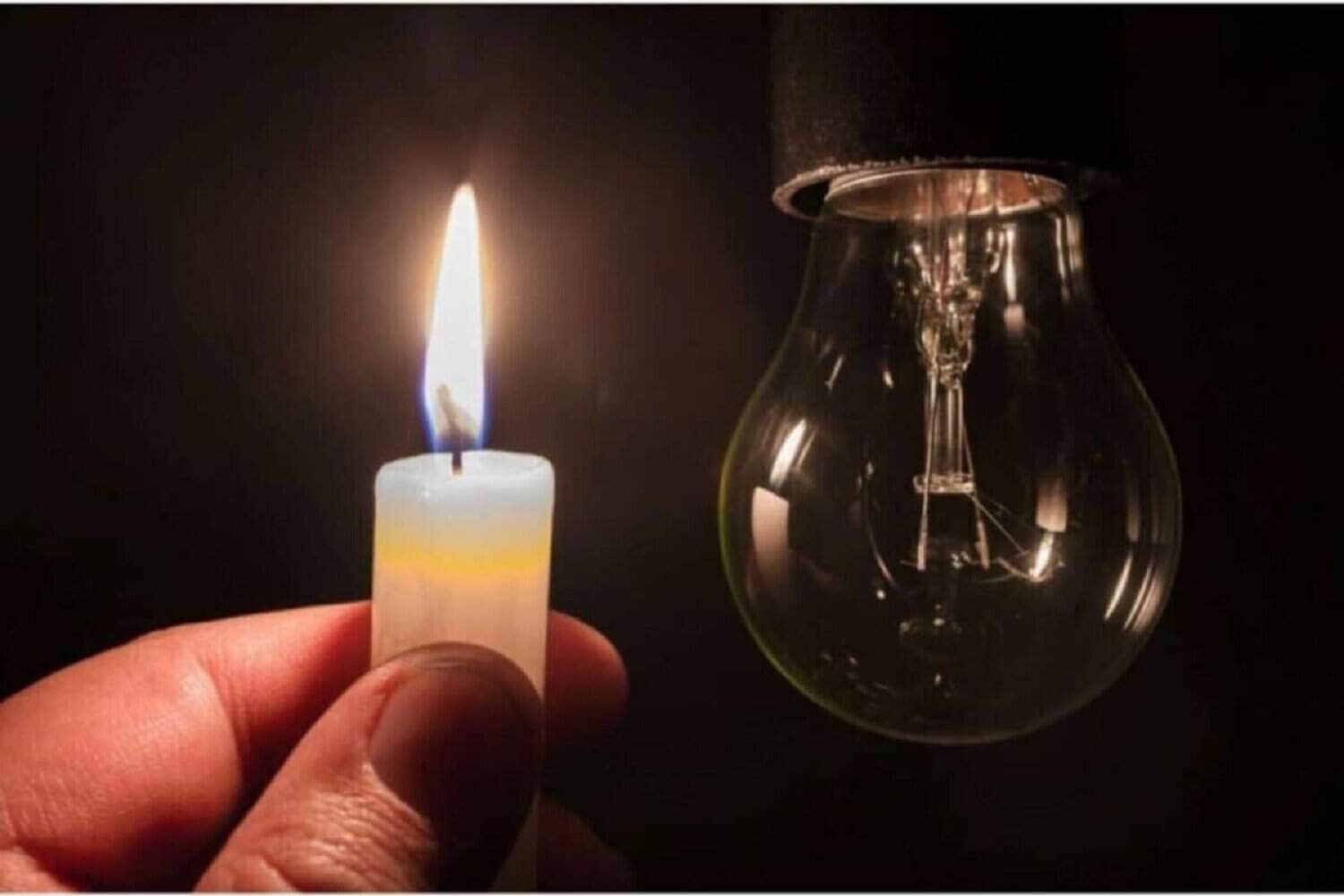
“We have no visibility on when this shortage will end or how soon the country can be adequately supplied,” an ONAP spokesperson told AFP. Around ten fuel tankers were torched on the route from Ivory Coast last week, severely impacting distribution forecasts.
Even the capital, which had previously been prioritised to avoid shortages, is now struggling. Long lines of cars, motorcycles, and pedestrians carrying jerry cans have formed at petrol stations in Bamako, while rural regions face even more dire conditions.
“I pushed my motorbike for nine kilometres without finding a single drop of fuel,” one frustrated driver told AFP.
The fuel crisis has also worsened Mali’s ongoing electricity shortages, which have plagued the country for years. Power is now available for only six hours a day in some areas, as authorities divert limited supplies to ensure petrol deliveries. In other towns, such as San and Mopti, electricity has been completely cut off for days or even weeks.
“My refrigerator no longer stays cold, and all the fish I sell are rotting. My business is dying,” said a vendor from Mopti.
The shortage has also affected butane gas supplies in Bamako, sparking frustration on social media.
Facing growing public discontent, the military junta — which took power after coups in 2020 and 2021 — has extended fuel price controls and military escorts for convoys. Officials insist the crisis is temporary.
“This is only temporary. The situation will improve in the coming days,” said Soumaila Djitteye, deputy director general of commerce.
In a sign of desperation, Prime Minister Abdoulaye Maiga reportedly told oil industry officials last month that “even if we have to fetch fuel on foot with spoons, we will do it. We have no other choice.”


 Trending
Trending 
